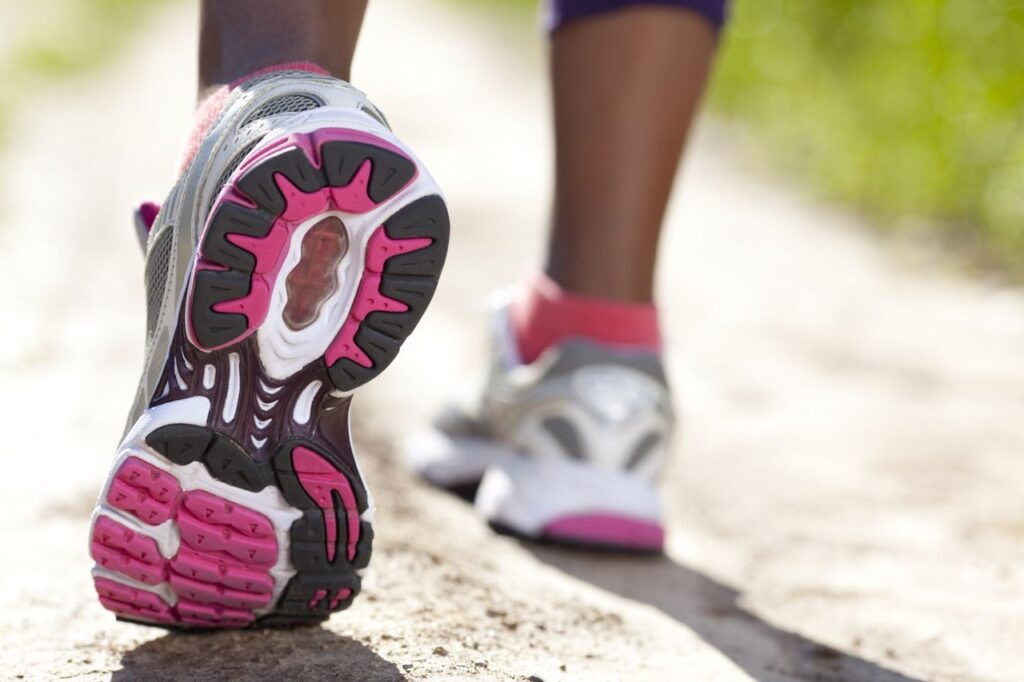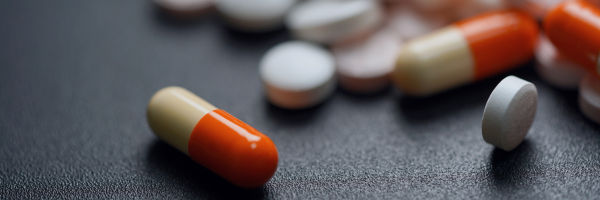Kidney health is essential to long life, and quality of life. While we don’t profess to be medical professionals, we are happy to share with our readers some helpful tips for understanding kidney health and function. This goes without saying, but if you’re experiencing any disturbing symptoms, or have questions, please see your healthcare provider pronto!

NO SYMPTOMS? GET YOURSELF CHECKED ANYWAY, PLEASE!
Kidney disease is often a silent killer because symptoms may not appear until the disease is well-advanced. It’s easy to mistake the subtle, early symptoms for mere fatigue, or perhaps another medical condition you may be experiencing. This is the reason you need an annual check-up even if you’re feeling fine!
Watch for these symptoms:
- New or worsening fatigue or concentration problems
- Anemia
- Decreased mental alertness
- Difficulty sleeping
- Puffiness in the face, especially around the eyes
- Swelling (edema) in the feet, hands, ankles
- Unexplained muscle pain or cramps
- Loss of appetite or unintentional weight loss
- Itchy skin
- More frequent urination, particularly at night
- Urine that looks dark, bubbly, bloody or foamy
- Lower back pain
- Inability to urinate
- Vomiting
- Pressure in the chest, chest pain, shortness of breath

Other important questions:
- What should I do to keep my kidneys healthy?
- Do I need to be taking different medicines?
- Should I be more physically active?
- What kind of physical activity can I do?
- What can I eat?
- Am I at a healthy weight?
- Do I need to talk with a dietitian to get help with meal planning?
- Should I be taking ACE inhibitors or ARBs for my kidneys? (ACE inhibitors are prescribed for high blood pressure and heart failure; ARBS are angiotensin II receptor blockers prescribed to treat high blood pressure.)
- What happens if I have kidney disease?
WHY YOU MAY BE AT RISK
Common risk factors for CKD (chronic kidney disease) include:
- having diabetes
- having high blood pressure
- being over the age of 60 years
- being Black, Latinx, First Nations/Native American, or Asian American
- having a family history of kidney cancer
WHAT YOU CAN DO RIGHT NOW

Begin by talking with your family. Talk to your parents, sisters, brothers, aunties and uncles about who has high blood pressure, diabetes, or kidney disease, and ask if anyone has had a kidney transplant or has been on dialysis. Family history is one of the most important risk factors in kidney disease. Then, get tested.

While you’re working with your doctor to measure and track the health of your kidneys, a few simple steps can help support your overall wellness. Let’s start in the kitchen. Put away the salt-shaker and pull out the spice rack! Excess sodium places stress on the kidneys, so explore other seasonings for your meals. A splash of balsamic vinegar or a squeeze of lime, lemon or orange over greens, salad, veggies, fish and chicken will wake up your taste buds and unlock fresh flavor. Processed (packaged) and fast foods are major sources of excess salt, so try replacing chips and fries with slices of raw cucumber and crunchy sweet peppers, and carrot and celery sticks. Switch to unsalted almonds and peanuts. And when you do want to salt your food, try using loose Kosher or Pink Himalayan salt. These large, coarse salt crystals have more surface area than the finer table salt we grew up with, so a little goes a long way. Also, handling the salt in loose form — sprinkle a pinch with your fingertips, or use a tiny spoon– versus a big ol’ shaker makes it easier to control the amount of salt you use.

Your doctor will assess your weight and Body Mass Index, and may recommend more physical exertion if weight loss is on the recommended menu. Remember that most Americans are sedentary, so you most definitely are not alone. Make exercise fun. Make sure that you have solid, supportive footwear. You need a walking shoe or sneaker that keeps your heel stable and supports your arch and ankle as you walk. Indulge in a cute new track suit. Through church friends, Nextdoor posts, or a bulletin board flyer, recruit other women who want to walk with you, and soon you’ll find that a 30-minute workout as many days a week as you can manage becomes a treat, not a punishment.

Another important stop: your medicine cabinet. Be sure to discuss all medications, including over-the-counter, with your doctor. A very common drugstore product, NSAIDs (Nonsteroidal Anti-Inflammatory Drugs) may potentially damage your kidneys if taken in large quantities or daily over a long period of time. These drugs include aspirin, ibuprofen (Advil®, Motrin®) and Naproxen sodium (Aleve®). Many of us take these drugs daily for arthritis, back pain, and headache. However, they’re really intended for short-term use, so discuss your NSAID use with your doctor in the context of kidney health.
Because Black people are prone to kidney disease for an assortment of reasons, pay attention to your body. Listen. Drink more water. And tell your doctor about any changes that take place between your annual check-ups.
Here are two quick videos about checking for kidney disease:
If you have two healthy kidneys, you may be able to donate one to improve or even save someone else’s life. Contact the National Kidney Foundation for information and see if you’re qualified to donate through the National Kidney Registry. If someone you know such as a family member, friend or someone in your community needs a donor, your first step is to contact the transplant hospital where they’re registered and waiting for their transplant. Here’s a comprehensive listing of 250 Kidney Transplant Centers in the US: https://www.kidneytransplantcenters.org
Be the first to comment